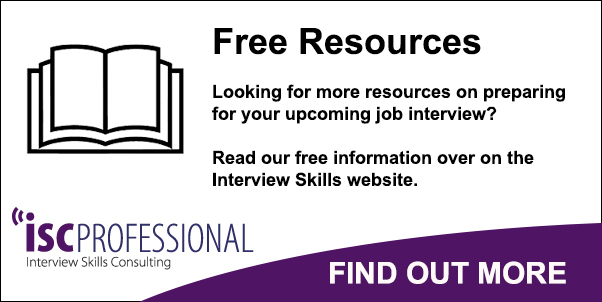Interview Tips for Negotiating Your Job Benefits and Salary
Negotiating an employment package can be fraught with landmines for the unwary or inexperienced job seeker. It’s often difficult to promote and sell your individual value to an employer, which is particularly true for younger employees.
Unfortunately, if you don’t negotiate the best possible deal before accepting a job offer you may spend several years catching up with colleagues that have better salaries and benefits packages than yourself.
If you are in a situation where you find colleagues have better employment packages and higher earnings, you can negotiate a better deal with your manager and HR department, however, it is likely to prove more difficult, given the fact you were offered opportunities to negotiate pay and benefits at interview. Every employer tries as hard as possible to keep costs low, so it truly is up to you to demonstrate hard-nosed negotiating skills when you have the opportunity.

Tips for Benefits and Salaries Negotiations with Employers
- Very often interviewers ask candidates what salary they would be willing to accept if an offer is made, it’s always a good idea to remain as noncommittal as possible in these circumstances. Similarly, make it a rule not to ask about potential salary or benefits during interviews.
- Always take time to research the employer and the market prior to interview, in case negotiations do take place, but remain as circumspect, or wary, as possible about your expectations during the interview procedure.
- If the interviewers do want to force a response on your potential salary expectation for the job, give them a figure towards the top of the scale you researched, however, add a positive spin by commenting that any benefits package will be subject to negotiation if you are offered the role.
- When an employer makes you a job offer you’re their choice candidate, this is the ideal time to negotiate the overall package. You’ll likely receive details of the proposed salary and benefits package in the job offer and your initial response to the employer is a good indication of your negotiating skills. If you still haven’t received salary or benefits details, you need to get in touch with the employer very quickly to ask specifics about the salary and all the benefits and perks relative to the role. Note details of the package, but ask the employer for a short period of time to consider the offer.
- Ideally, you need several days to reach a final decision, employers recognise you will have several applications in hand and need to make the best decision to suit your personal circumstances. Also, this period of decision-making allows you the upper hand in negotiations. Even if you consider the role, salary and benefits package to be a great offer, take time to consider your decision carefully.
- In a situation where you feel the proposed salary offer too low, don’t rush to reject the job offer without fully checking out the entire benefits package. Very often a great set of perks makes up for slightly lower rates in salary.
- Where you make the decision to attempt negotiating a counter-offer, you need to be aware that if your negotiations fail, the offer may well be retracted. You will find it difficult to accept a job once you’ve made attempts to negotiate a higher salary or added benefits. Your proposal should focus on just one or two major aspects of the offer you find unacceptable.
For more information on how to handle your upcoming job interview, check out our free information section on the Interview Skills website.

